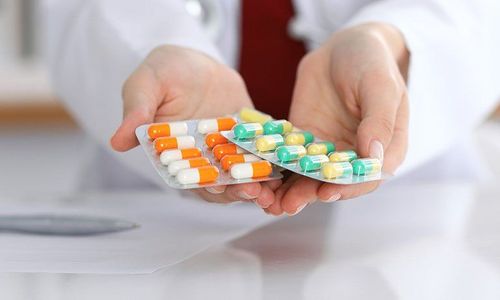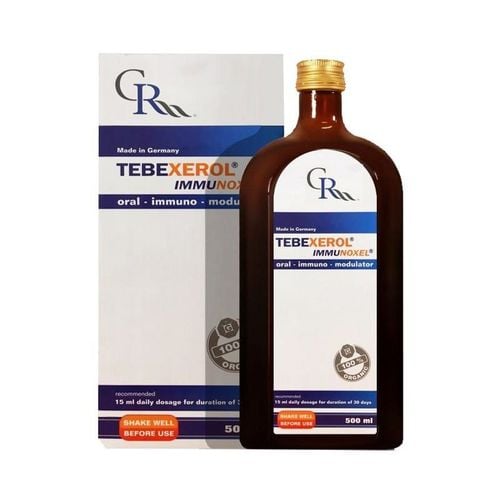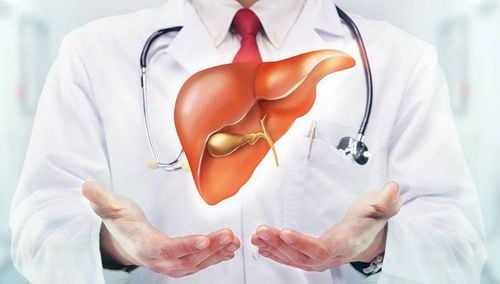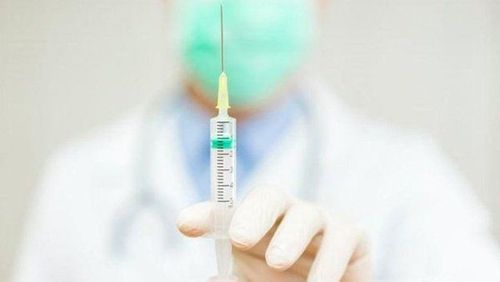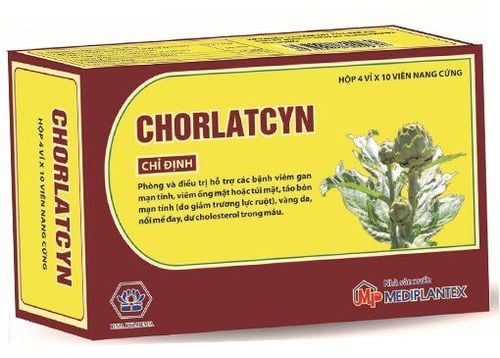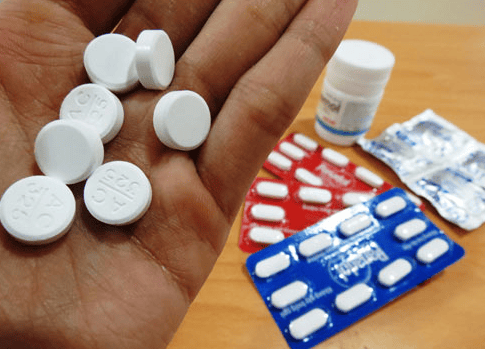This is an automatically translated article.
Not only alcohol, but also a lot of treatment drugs are also capable of causing liver toxicity, hepatitis, liver failure and hepatocellular necrosis, affecting the health of drug users, even dangerous. if you abuse drugs or buy drugs for yourself or your family.
1. What is drug-induced liver damage?
The liver is an important organ of the body with many functions (detoxification, regulation of blood fats, blood sugar...) However, some drugs cause liver damage, making the liver unable to perform its duties. above service.
Drug-induced liver damage is a liver condition that is affected by modern drugs, drugs derived from plants or functional foods. Effects on the liver are determined through liver function tests or clinical signs of impaired liver function.
Drug-induced liver damage, although very rare, is potentially fatal. Based on the values of ALT and ALP tests, this condition can be classified into 3 different types, namely:
Hepatocellular damage; Bile injury; Mixed liver damage Mechanisms of drug-induced liver injury include:
Due to an idiosyncratic reaction: Due to an overreaction of the body to a drug, it may occur in one person but not in another. Mechanism of liver damage is not due to dose, time of drug use. Hepatitis due to this drug is not known in advance. Due to overdose: When used in high doses, for a long time or when used together with some other drugs, it will cause drug interactions because these drugs affect the liver's metabolic and detoxification functions, causing liver damage.
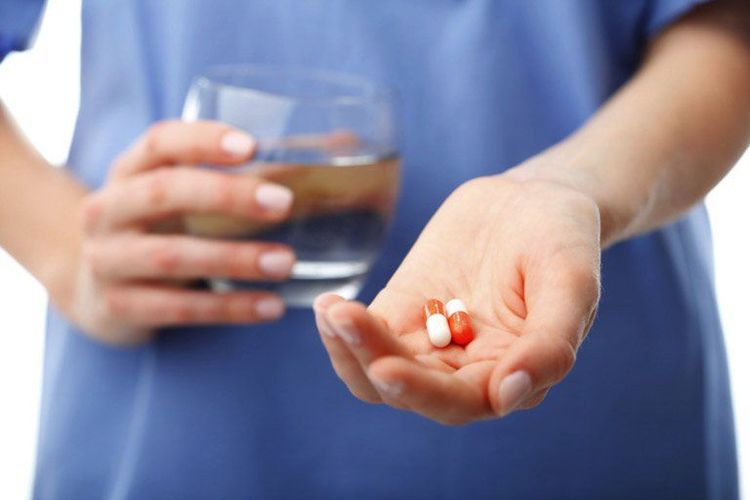
Dùng thuốc liều cao kéo dài làm ảnh hưởng tới chức năng của gan
Most drugs after taking, injecting, sucking, applying on the skin, putting the anus can cause liver toxicity to different degrees. Depending on the drug, it can cause hepatitis and acute liver failure or chronic hepatitis, fatty liver, biliary tract disease, because the drug enters the bloodstream and passes through the liver before being excreted in the urine or biliary tract. down the intestines. Especially those who already have chronic liver and biliary diseases, the liver is more susceptible to drug poisoning.
Trắc nghiệm: Làm thế nào để bảo vệ lá gan khỏe mạnh?
Làm test trắc nghiệm kiểm tra hiểu biết về gan có thể giúp bạn nhận thức rõ vai trò quan trọng của gan, từ đó có các biện pháp bảo vệ gan để phòng ngừa bệnh tật.2. Symptoms of drug-induced liver damage
Most patients with liver injury due to drugs have very poor clinical manifestations. Some cases have signs such as:
Unusual color of stools and urine: Urine color becomes darker than usual, dark yellow; Blood spots appear in stool. Bad breath: Due to impaired liver function, some toxins and waste products are excreted through the respiratory tract, causing bad breath. Bitter mouth: When the liver is acutely inflamed causing cholestasis, the patient has a bitter feeling in the mouth Headache, dizziness, constipation, red-yellow urine: These signs can warn of drug-induced liver toxicity . Urticaria, rash: When the liver is weak, the liver's ability to detoxify is poor, causing toxins that have been accumulated in the body for a long time to spread through the skin and cause symptoms of urticaria, itching, rash, Acne. Fatigue, anorexia: Decreased liver function reduces the ability to metabolize and secrete bile, causing digestive disorders, so it is easy to become constipated. However, there are also many patients who are completely normal, only discovered incidentally when doing blood tests and showing elevated liver enzymes.
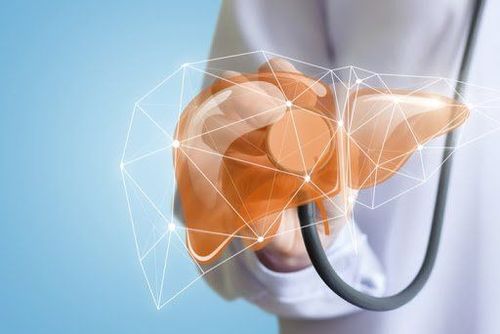
Gan bị tổn thương do thuốc thường không có biểu hiện rõ ràng
3. Drugs that cause liver damage
Drug-induced liver damage is a fairly common problem today, accounting for up to 10% of drug-induced side effects. Most drugs are metabolised in the liver and excreted in the bile or urine. Therefore, if the liver is impaired, the function of metabolism, detoxification and excretion of drugs is also affected. Long-term accumulation of drugs that are not metabolized and detoxified causes drug toxicity and liver damage. Some drugs cause liver toxicity such as:
Pain relievers, antipyretic Acetaminophen; Omeprzole gastric ulcer treatment: Causes hepatitis. Drugs that promote muscle growth Anabolic steroids, sex hormones Estrogens and androgens, oral contraceptives: Causes liver tumors. Chlorpromozine (Thorazine): Pseudo-primary biliary cirrhosis. Cimetidine (Tagamet) for the treatment of stomach ulcers, blood diseases Coumadin: Causes acute hepatitis and biliary tract disease. Ciprofloxacin antibiotic: Biliary hepatitis. Antibiotics Clindamycin (Cleocin), Metronidazole (Flagyl); the psychotropic drug Cocaine; Ibuprofen pain relief; Phenytoin antispasmodic; Treatment of breast cancer Tamoxifen: Causes acute hepatitis. Anti-inflammatory drugs Corticosteroids (Prednisone), antibiotics Tetracycline: Causes fatty liver. Erythromycin estolate and the immunosuppressant Cyclosporine A: Causes biliary tract disease. Diazepam (Valium): Acute hepatitis and biliary tract disease. Halothan anesthetic, analgesic Salicylates (Aspirin): Acute and chronic hepatitis. High blood pressure drug Methyldopa (Aldomet): Causes autoimmune hepatitis. The diabetes drug Rosiglitazone (Avandia): Causes liver failure. Anti-tuberculosis drugs such as isoniazid, rifampicin, streptomycin, isoniazid (INH): Causes liver toxicity. Southern and Northern drugs: Poisoning with Southern and Northern drugs causes severe liver damage, even acute liver failure, which can lead to death. Dewormer: Causes hepatitis when used in high doses, for a long time.
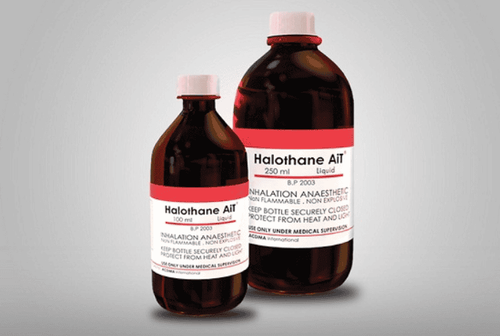
Thuốc gây mê Halothan có thể dẫn đến viêm gan cấp và mãn tính
4. Treatment and prevention of drug-induced liver damage
4.1. Treatment of drug-induced liver damage The treatment of drug-induced liver damage is to immediately stop drugs that are toxic to the liver, combined with supportive treatment and a reasonable diet to restore liver function.
In case of very severe liver damage leading to acute liver failure, affecting life, requiring complicated treatment or liver transplant to save the patient's life.
4.2. Prevention of drug-induced liver damage To prevent drug-induced liver damage, patients should:
Do not arbitrarily take drugs without the guidance of a pharmacist or doctor. Read the instructions for use carefully before use. Women who are pregnant or breast-feeding or have liver or kidney disease must consult a doctor before taking any medicine. under the supervision of doctors. If you have an infection, you must go to the doctor, do not buy antibiotics on your own. Vinmec International General Hospital with a system of modern facilities, medical equipment and a team of experts and doctors with many years of experience in medical examination and treatment, patients can rest assured to visit. and hospital treatment.
Please dial HOTLINE for more information or register for an appointment HERE. Download MyVinmec app to make appointments faster and to manage your bookings easily.




